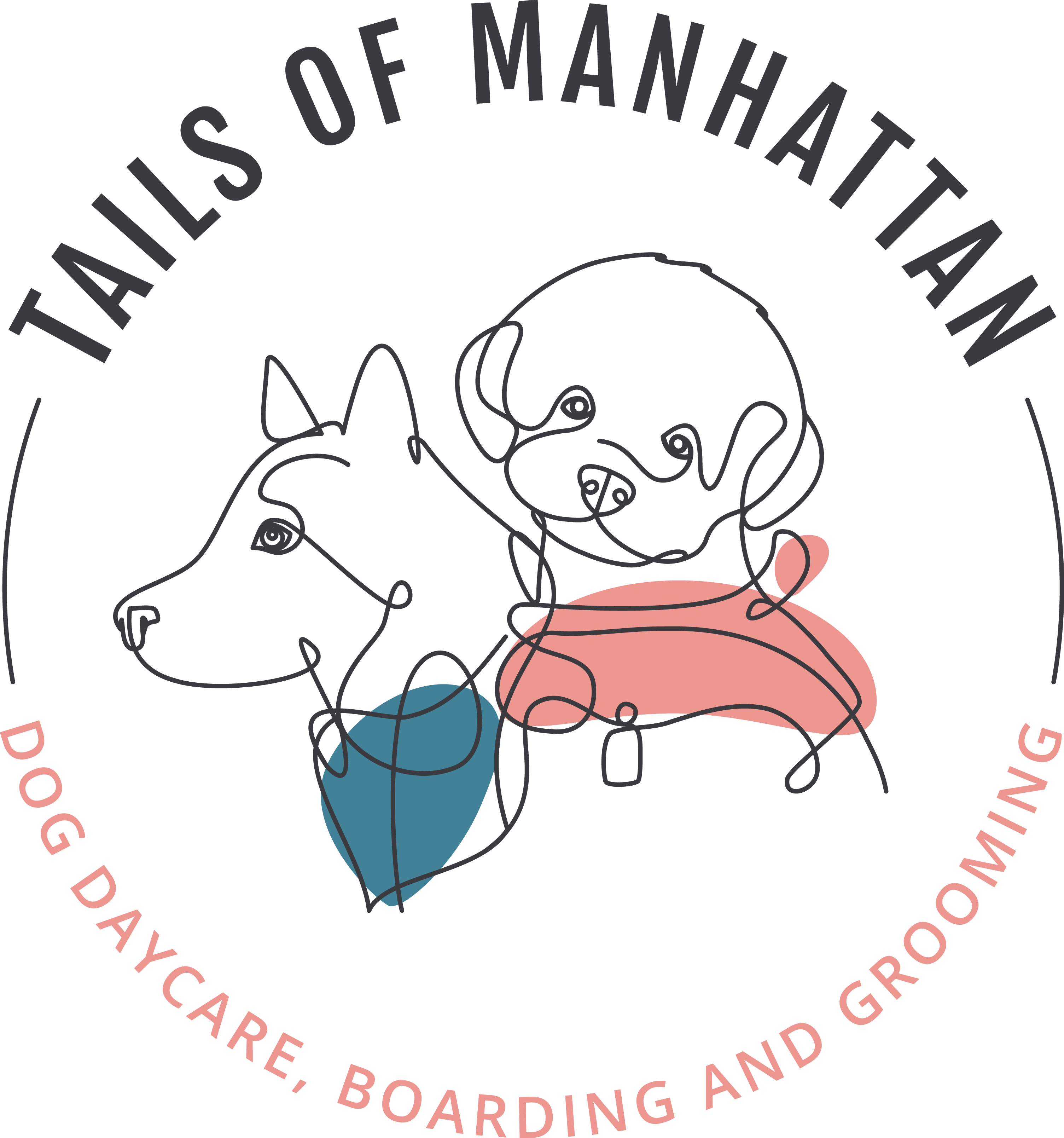It happens. One of the chicken breasts you had out for dinner mysteriously vanishes. Your favorite pair of shoes unexpectedly finds themselves amidst a separation. The trash decides to take itself out…all over your apartment. No, it’s not a poltergeist responsible- it’s man’s best friend.
Dogs will be dogs. You can puppy-proof your home to the best of your ability, but things happen. If you’re having trouble managing the mischief, don’t panic. Rather, arm yourself with the most important weapon: knowledge. Here’s a list of common household foods and items that the average person might not realize aren’t safe for dogs.
Grapes, Raisins, and Currents
One of the most common everyday foods that people don’t realize isn’t safe for dogs is grapes. All kinds of grapes and grape products – raisins, jams, juices, currants, etc.- are toxic to dogs, even in small amounts. Consumption can lead to vomiting, diarrhea, abdominal pain, dehydration, or even kidney failure. We don’t know quite what causes grape toxicity in dogs, but the results are clear: stay away from the grapes!
Onions
Another extremely common household food that poses a threat to your pup: onions. Whether cooked, raw, or in a powder, onions are highly toxic to dogs. They contain a compound called N-propyl disulphide that, in canines, causes the breakdown and destruction of red blood cells, leading to anemia. Symptoms of Onion toxicity include pale gums, vomiting and diarrhea, red tinge to urine, and lethargy.
Xylitol: Gum, Toothpaste, Diet Foods
Xylitol might not sound familiar, but it’s hidden in a lot of day-to-day products such as gum, toothpastes, and diet foods. Xylitol is a natural sugar alcohol often used as a substitute for other sweeteners. While a great sugar alternative for humans, ingesting xylitol is dangerous for dogs. Xylitol consumption can cause low blood sugar, seizures, liver failure, and even death.
Stone Fruits: Avocados, Cherries, Peaches, Plums
While eating the fruit itself can also serve a risk to your pooch, the real danger of stone fruits lies on the inside: the pits. The seeds of these fruits can cause damage to your dog’s teeth and esophagus, obstructions, or even cyanide poisoning. Symptoms of cyanide poisoning include rapid or difficulty breathing, increased salivation, red gums, and even convulsions and paralysis.
Plastic Bags: Chip, Grocery, and Ziploc
A simple trip to the grocery store could end up placing your fur baby in harm’s way. Plastic bags might seem innocuous enough, but are responsible for many tragic pet losses every year. Dogs love to stick their noses in places they shouldn’t, and plastic bags are no different, especially when there’s food remnants on them. But an innocent sniff of a plastic bag, chip bag, or sandwich bag can quickly turn deadly if the bag tightens around their snout, leading to suffocation. Plastic can also cause blockages when ingested.
Fabrics: Underwear, Socks, Stockings, and Scrunchies/Hair Ties
Sometimes, even small household items pose a big risk. Dogs are particularly enticed by things that smell like their humans, and often seek out stuff with our scent on them. Fabrics such as underwear, socks, stockings, and scrunchies/hair ties hold odors especially well, and are amongst the most common materials sought out and swallowed by mischievous pups. It’s best to keep such products in secure, enclosed receptacles, out of reach from your dog. If swallowed, these items can get lodged in the stomach or intestines and cause vomiting, internal damage, and blockages .
In Conclusion:
If your dog consumes any of the above mentioned, please seek medical attention immediately from a licensed veterinarian. If you are unsure whether or not your pup ate something on this list, it’s always best to err on the side of caution and either call a poison control hotline, or take your pup to the vet right away.
